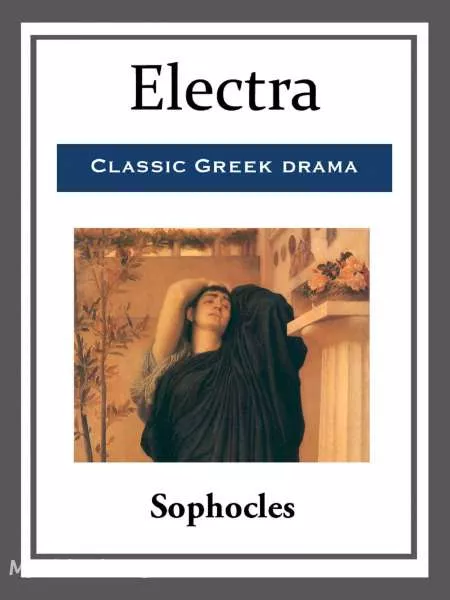
Electra
by Sophocles
'Electra' Summary
Orestes arrives with his friend Pylades, son of Strophius, and a pedagogue, i.e. tutor (an old attendant of Orestes, who took him from Electra to Strophius). Their plan is to have the tutor announce that Orestes has died in a chariot race, and that two men (really Orestes and Pylades) are arriving shortly to deliver an urn with his remains. Meanwhile, Electra continues to mourn the death of her father Agamemnon, holding her mother Clytemnestra responsible for his murder. When Electra is told of the death of Orestes her grief is doubled, but is to be short-lived.
After a choral ode Orestes arrives, carrying the urn supposedly containing his ashes. He does not recognize Electra, nor she him. He gives her the urn and she delivers a moving lament over it, unaware that her brother is in fact standing alive next to her. Now realizing the truth, Orestes reveals his identity to his emotional sister. She is overjoyed that he is alive, but in their excitement they nearly reveal his identity, and the tutor comes out from the palace to urge them on. Orestes and Pylades enter the house and slay Clytemnestra. As Aegisthus returns home, they quickly put her corpse under a sheet and present it to him as the body of Orestes. He lifts the veil to discover who it really is, and Orestes then reveals himself. They escort Aegisthus off set to be killed at the hearth, the same location Agamemnon was slain. The play ends here, before the death of Aegisthus is announced.
Book Details
Authors
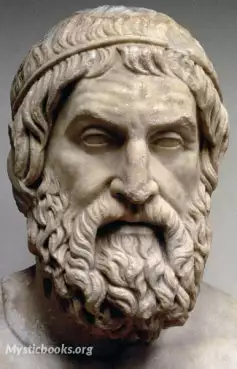
Sophocles
Greece
Sophocles, a towering figure in ancient Greek literature, was a renowned tragedian whose plays continue to captivate audiences today. Born around 497/496 BC in Athens, he lived a long and illustrious...
Books by SophoclesDownload eBooks
Listen/Download Audiobook
- Select Speed
Related books

dernier jour d'un condamné by Victor Hugo
Le dernier jour d'un condamné est un roman poignant qui explore les pensées et les sentiments d'un homme condamné à mort pendant sa dernière journée....
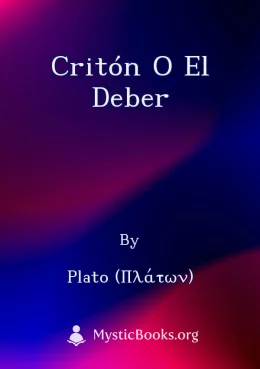
Critón o el deber by Plato (Πλάτων)
En "Critón o el deber", Platón presenta un diálogo entre Sócrates y su amigo Critón, quien le ofrece la posibilidad de escapar de la prisión antes de...

Tempest by William Shakespeare
Banished from his own lands by a usurping brother, Prospero and his daughter Miranda have been living on a deserted island for years, until fate bring...

Alice Sit-by-the-Fire by J. M. Barrie
The play tells the story of a wealthy family whose members have grown distant from one another. When the family's matriarch, Alice, returns home from...

Weiße Rose by Karl Wilhelm Salice-Contessa
In 'Weiße Rose', we follow the story of Wolfgang Förster, unjustly accused of murder and forced to flee to Bohemia. He leaves behind his wife, his da...

Michael Kohlhaas by Heinrich von Kleist
An den Ufern der Havel lebte, um die Mitte des sechzehnten Jahrhunderts, ein Roßhändler, namens Michael Kohlhaas, Sohn eines Schulmeisters, einer der...
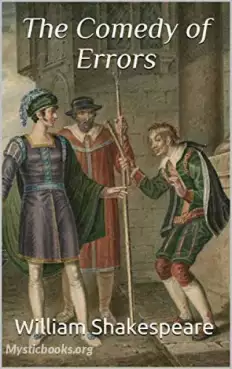
The Comedy of Errors by William Shakespeare
The Comedy of Errors is one of William Shakespeare's early plays. It is his shortest and one of his most farcical comedies, with a major part of the h...

Prometheus Bound (Browning Translation) by Aeschylus
Prometheus Bound, a Greek tragedy by Aeschylus, tells the story of Prometheus, a Titan who defied Zeus, the king of the gods, by stealing fire from th...
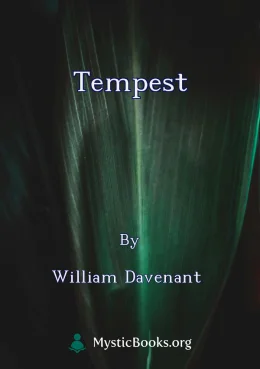
Tempest by William Davenant
This adaptation of Shakespeare's *The Tempest* by John Dryden and William Davenant retains the core plot and characters, but expands upon them. Prospe...
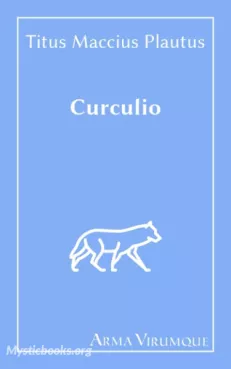
Curculio; or, The Forgery by Titus Maccius Plautus
Step into the lively streets of ancient Athens and experience a world of comedic chaos, cunning schemes, and mistaken identities in "Curculio; or, The...
Reviews for Electra
No reviews posted or approved, yet...